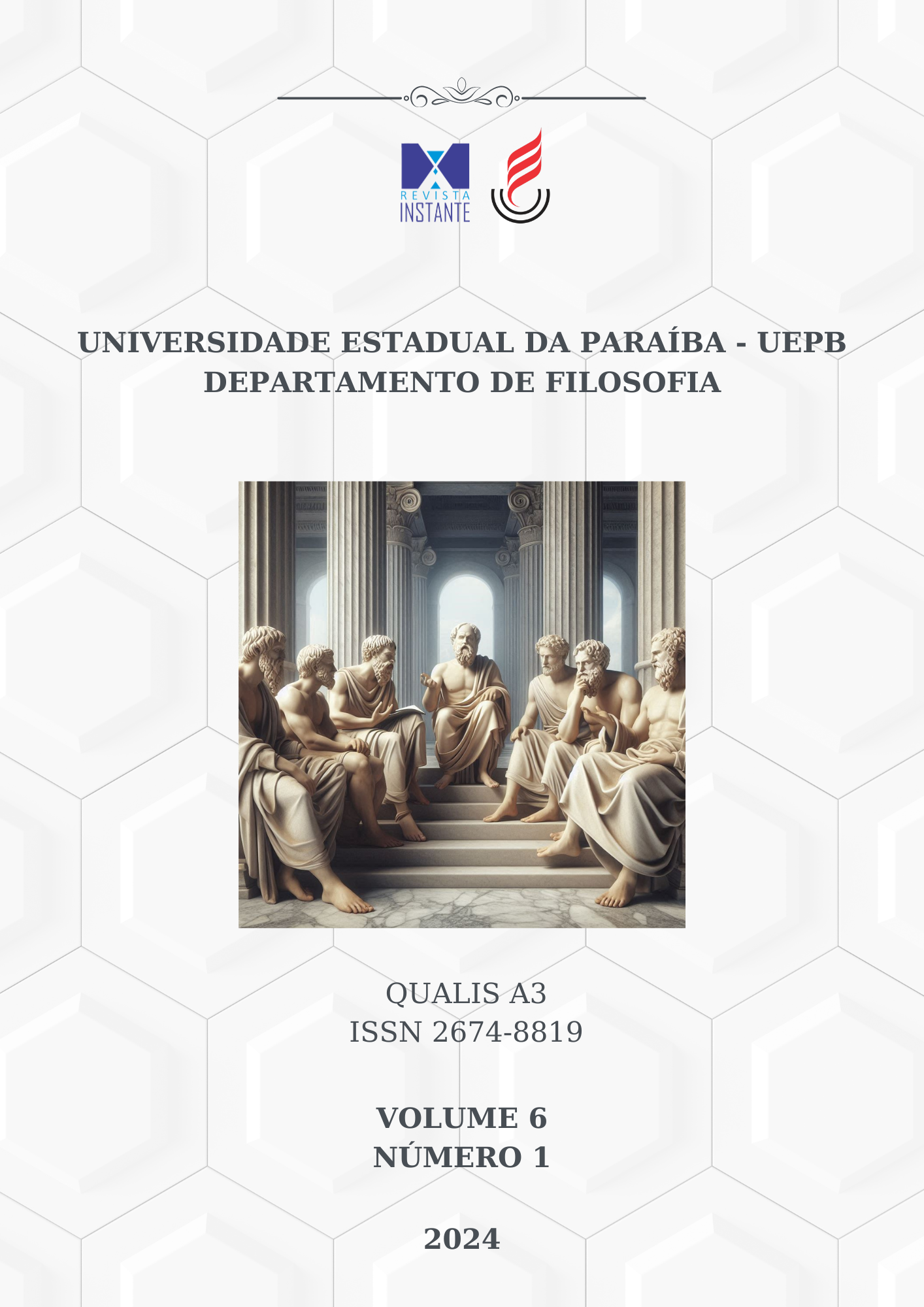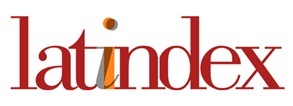On the Concept of Intelligence in the Context of the Turing Test
Keywords:
The Turing Test, Intelligence, Machine Intelligence, Turing-intelligenceAbstract
The Turing Test (TT), developed by Alan Turing as “the imitation game” in his paper “Computing Machinery and Intelligence” (1950), brought to light the discussion about the (im)possibility of thinking and intelligent digital machines. This paper revisits the Turing Test and analyzes the concept of intelligence under its light, exploring Turing's understanding of intelligence. The focus is on whether Turing views intelligence as human intelligence (referred to here as genuine intelligence) or as some other type of intelligence. The research results suggest: 1) The possibility to argue the Turing Test as not being developed to assess whether the digital computer involved possesses genuine (human) intelligence or not, but rather to evaluate if it can be intelligent in a different sense, termed hereby Turing-intelligence; 2) The Turing Test is achievable in practice, given some modifications, resulting in a new version of the test, named herewith the Ideal Turing Test. Therefore, the findings indicate that the TT can be interpreted to support the hypothesis that passing such test is a sufficient condition for an AI system to possess not genuine intelligence, but rather another type of intelligence, namely Turing-intelligence.
References
BLOCK, N. Psychologism and Behaviorism. Philosophical Review, no. 90, 1981.
COPELAND, J. The Essential Turing: Seminal Writings in Computing, Logic, Philosophy, Artificial Intelligence, and Artificial Life: Plus the Secrets of Enigma. New York: Oxford University Press, 2004.
__________. The Turing Test. Minds and Machines, 10, pp. 519-539, 2000a.
__________. What is Artificial Intelligence? AlanTuring.net: Reference Articles on Turing, 2000b. Available in: <http://www.alanturing.net/turing_archive/pages/Reference%20Articles/What%20is%20AI.html>.
ENDERS, S.; KING, C.; MURRAY, S; KOOP, A. “Machine Intelligence, Artificial Intelligence & Machine Learning”. Alberta Machine Intelligence Institute, 2016. Available in: <https://www.amii.ca/latest-from-amii/machine-intelligence-artificial-intelligence-machinelearning/>.
EPSTEIN, R.; ROBERTS, G.; BEBER, G. Parsing the Turing Test: Philosophical and Methodological Issues in the Quest for the Thinking Computer. Springer, 2009.
FRENCH, R. Subcognition and the Limits of the Turing Test. Mind, vol. 99, no. 393, 1990, pp. 53-65.
HAUGELAND, J. Artificial Intelligence: The Very Idea. A Bradford Book. The MIT Press: Cambridge, Massachusetts, London, England, 1985.
MAGUIRE, P.; MOSER, P.; MAGUIRE, R. “A clarification on Turing’s test and its implications for machine intelligence”. Proceedings of the 11th International Conference on Cognitive Science, pp. 318-325, 2015.
MCCARTHY, J. “What is Artificial Intelligence?”. Artificial Intelligence, 2007. Available in: <http://jmc.stanford.edu/artificial-intelligence/index.html>.
MINSKY, M. The Society of Mind. New York: Touchstone, 1988.
SEARLE, J. R. Minds, Brains, and Programs. Behavioral and Brain Sciences, 3, 1980, pp. 417-457.
TURING, A. M. Can Digital Computers Think? Annotations of a Talk Broadcast on BBC Third Programme, 1951. Available in: <http://www.turingarchive.org/browse.php/B/5>.
__________. “Computing Machinery and Intelligence”. Mind, New Series, vol. 59, no. 236, pp. 433-460, 1950.
__________. “Computing Machinery and Intelligence”. In R. Epstein, G. Roberts and G. Beber (eds.) (2009), pp. 23-65.
__________. On Computable Numbers, with an Application to the Entscheidungsproblem. Proceedings of the London Mathematical Society, vol. 42, 1936, pp 230-265.
TURING, A. M.; NEWMAN, M. H. A.; JEFFERSON, G.; BRAITHWAITE, R. B. Can Automatic Calculating Machines Be Said to Think? Transcript of a broadcast discussion transmitted on BBC Third Programme, 1952. Available in: <http://www.turingarchive.org/browse.php/B/6>.










